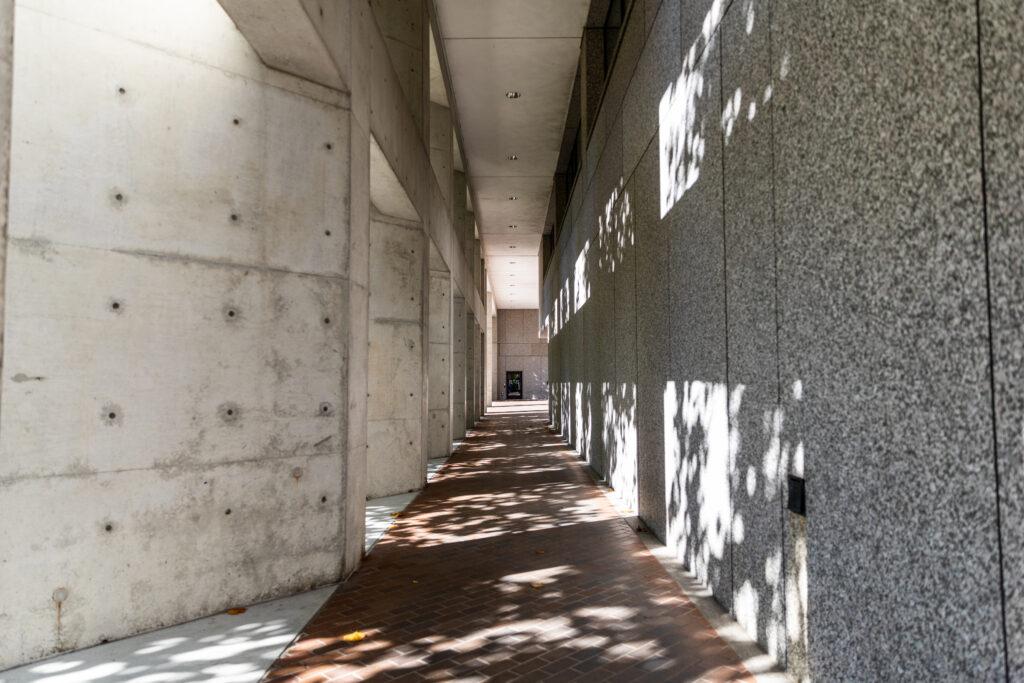Associate Vice President for Student Health and Wellness and Deputy Title IX Coordinator for Students Melinda Stoops said that the report, which BC publishes annually in compliance with the Clery Act of 1990, is important as a measure of transparency, but also so that students know they are not alone and that their reports are being documented.
“We’re never happy to hear of a crime of sexual violence or any other crime on campus, but there is comfort in knowing it’s being reported to us,” Stoops said. “ … I’m pleased that those students came forward and made a report of those crimes.”
Stoops cautioned against taking the report as a definitive account of sexual violence on campus, noting that not all instances of sexual violence are reported to the University.
“When we look at this data, it’s important to remember that these are the crimes that we know of,” Stoops said in an interview with The Heights. “ … We cannot say that these numbers are an exact match with the number of those crimes that happened on campus. We can only say those were the numbers that were reported to us.”
The increase in reported instances of rape in 2019 follows the five-year low reported in 2018. Because the statistics only include cases that were reported, though, it is not possible to make cross-year comparisons, Stoops said.
“It could mean there’s an increase in that crime,” Stoops said. “There could also be another explanation that people are more likely to report that crime than they were in the past. Or that people are more educated about that crime and recognize it as a crime.”
There was an overall increase in reported crimes that fall under the 2013 Violence Against Women Act between 2018 and 2019, according to the report. There was one incident of dating violence in 2019 in the report, down from three in 2018, but instances of domestic violence and stalking rose from one to 14 and seven to 11, respectively.
The University has a variety of initiatives in place to increase reporting and prevent instances of sexual violence, including student education programming and employee training. All freshmen at BC are assigned an online learning module on sexual violence, and the Women’s Center holds an event each spring called “Take Back the Night” to spread awareness of sexual violence.
The COVID-19 pandemic has forced BC to adapt its response to sexual violence, Stoops said. Stand Up BC, a bystander intervention program that focuses on training students how to spot and prevent sexual violence, has been moved online in order to comply with social-distancing guidelines.
Stoops has also had to adapt procedures for Title IX investigations, offering virtual meetings with students, though she said she gives students the option to meet in person if they are more comfortable meeting in that format.
Stoops also said that every employee at BC in a non-confidential role is responsible for reporting every account of sexual violence involving a student that they are made aware of. The University also provides faculty and staff with a guide on how to support students who come forward to them with reports of sexual violence, Stoops said.
“The care of the student comes first, and then giving [faculty and staff] information about resources that they could refer the student to,” Stoops said. “ … It’s really advising them about the process, but also giving them information that helps them connect a student with resources.”
Crime statistics for the 2020 report will not be available until later this year—the deadline is typically Oct. 1 but was pushed back to Dec. 31 in 2020—but Stoops noted that the numbers are likely to be influenced by the shortened semester that resulted from BC’s decision to send students home in March due to the COVID-19 pandemic.
The Department of Education, led by former-Secretary of Education Betsy DeVos, released new rules in May of 2020 that significantly altered policies surrounding sexual assault investigations under Title IX, a civil rights law governing sexual violence in higher education passed as part of the Education Amendments of 1972.
Last year’s changes bolstered the rights of accused students in the Title IX process, narrowing the definition of sexual harassment, mandating live cross-examination, and limiting the scope of Title IX, though Stoops said that none of the new Title IX policies were in effect by the end of 2019.
Stoops said that while it is unclear what will happen to Title IX under the Biden administration, a recent law in Massachusetts will force BC to amend its response to reports of sexual violence.
“I think we’ll see a quicker impact from the new regs in Massachusetts than from Title IX, because those have passed into law now,” Stoops said. “We have to work on those by the summer.”
Featured Image by Jess Rivilis / Heights Senior Staff







